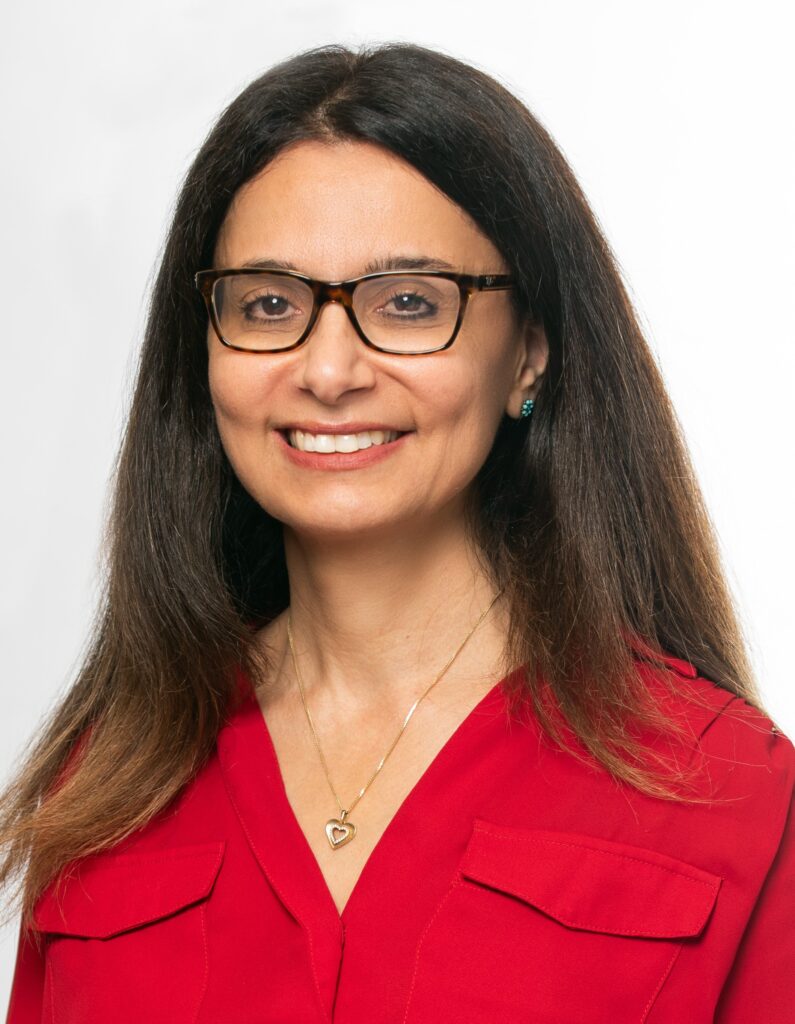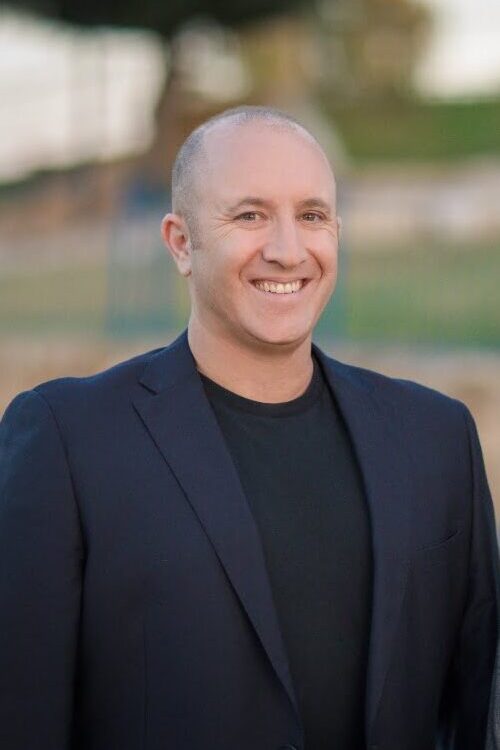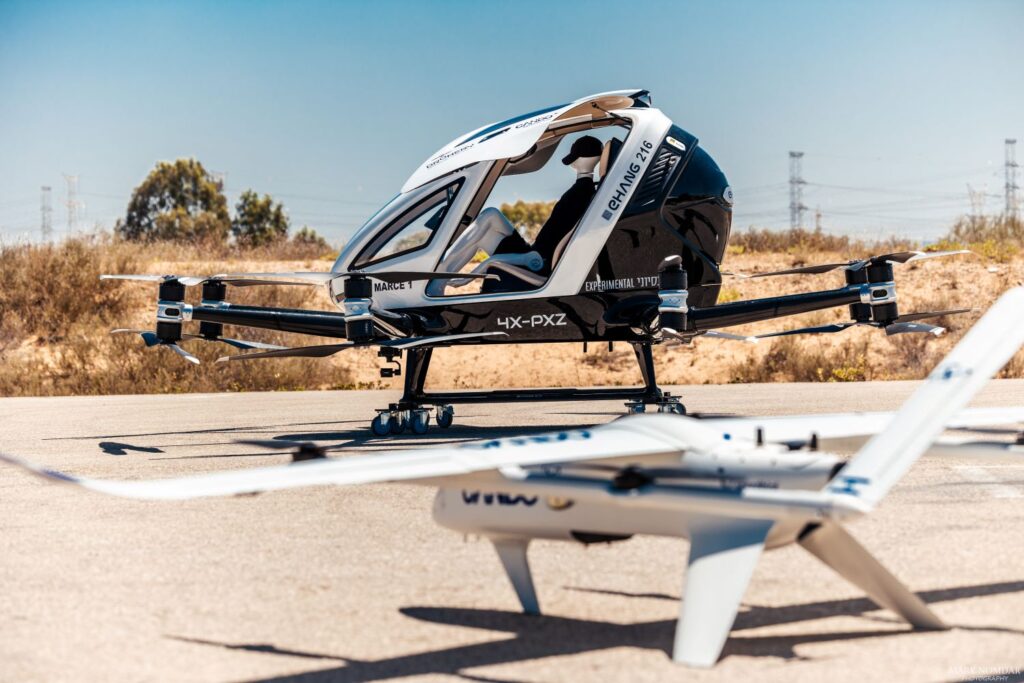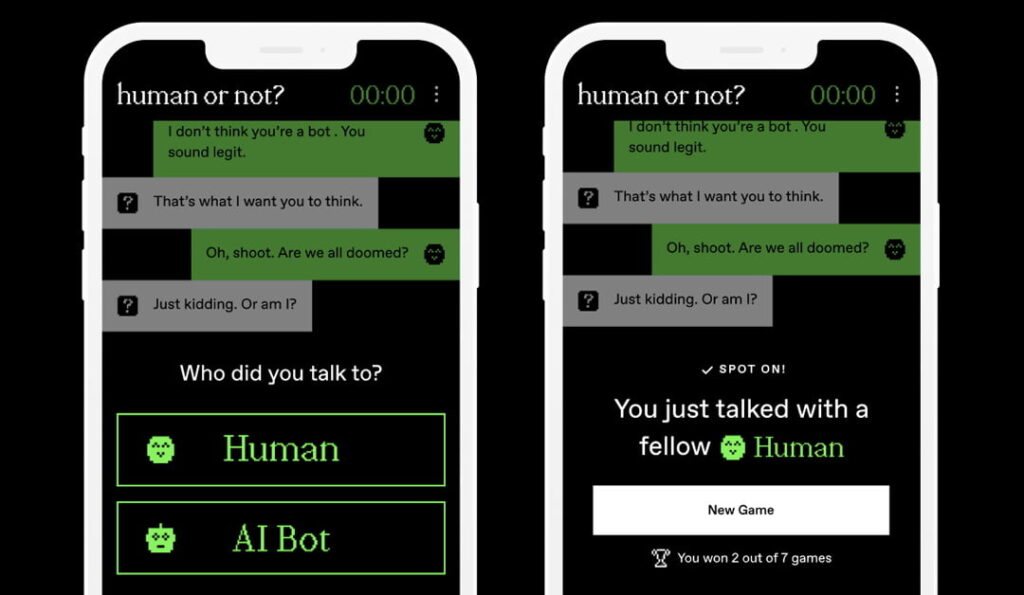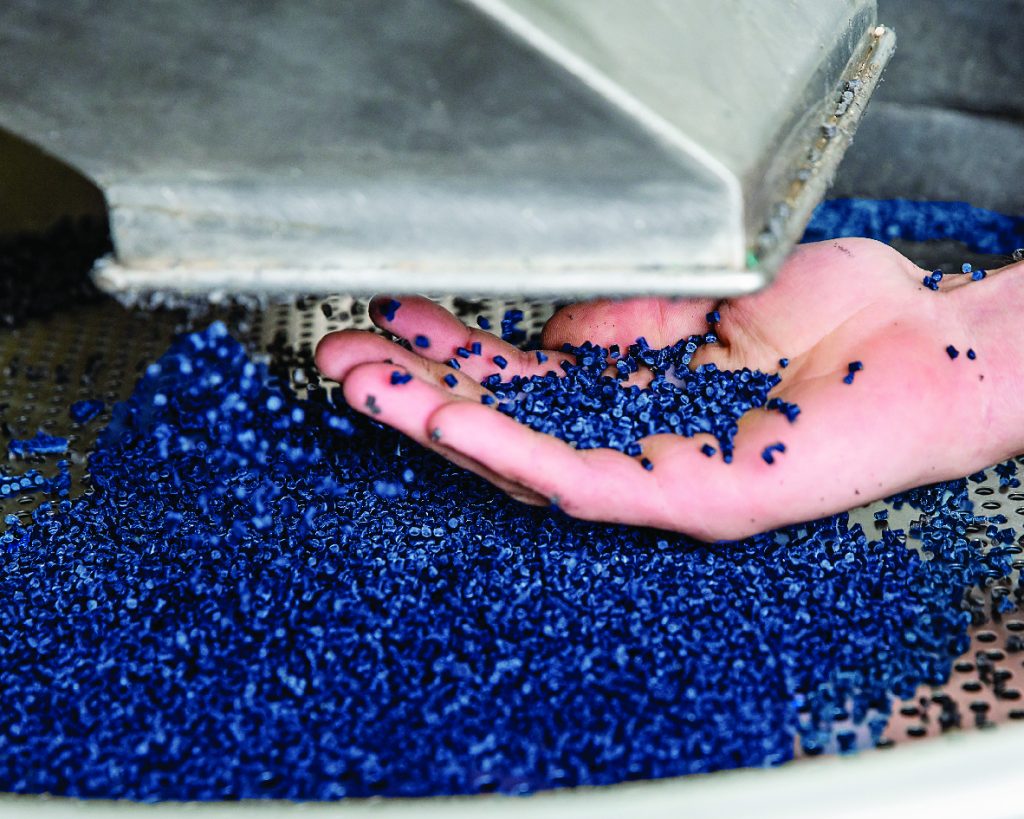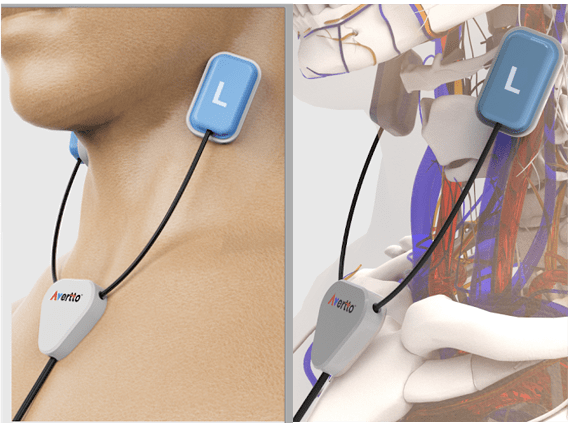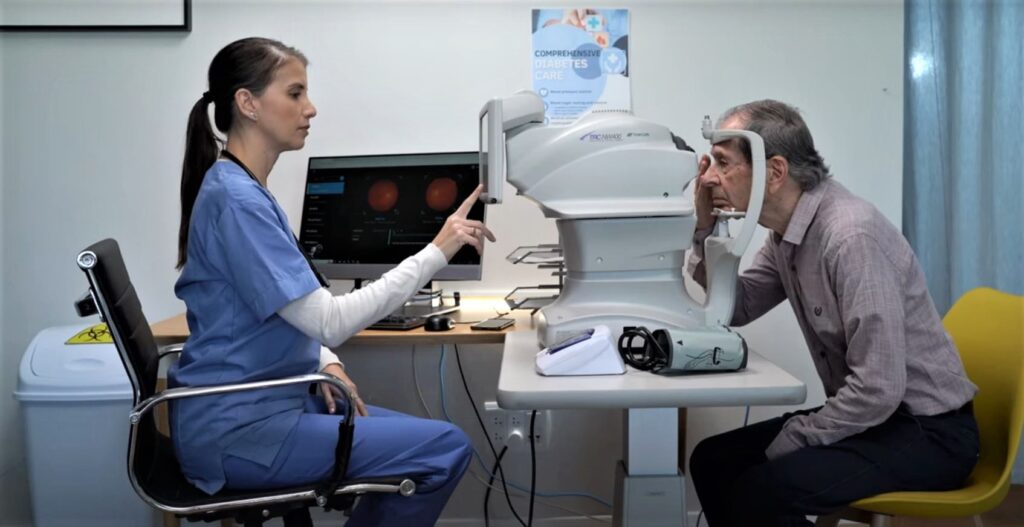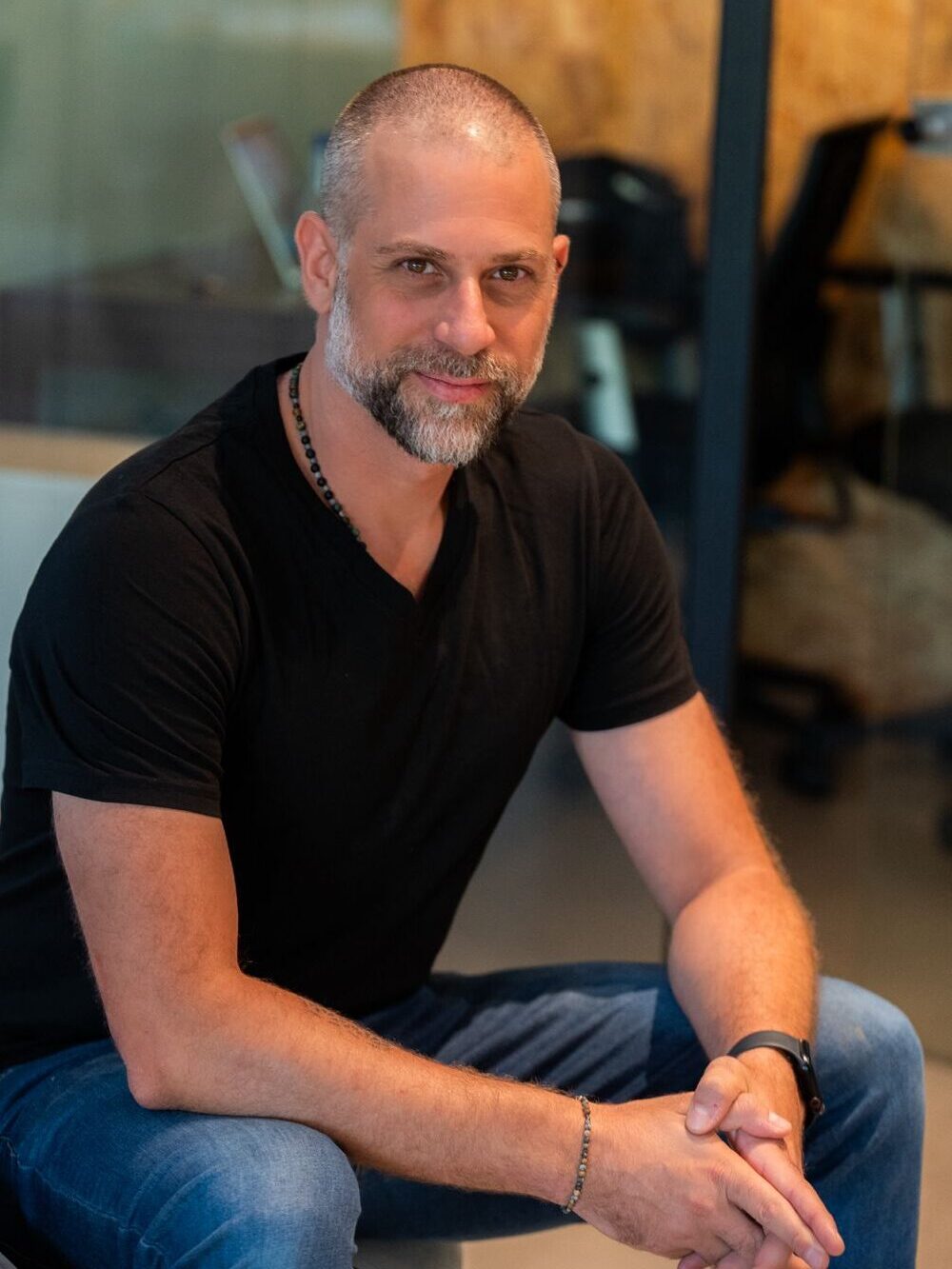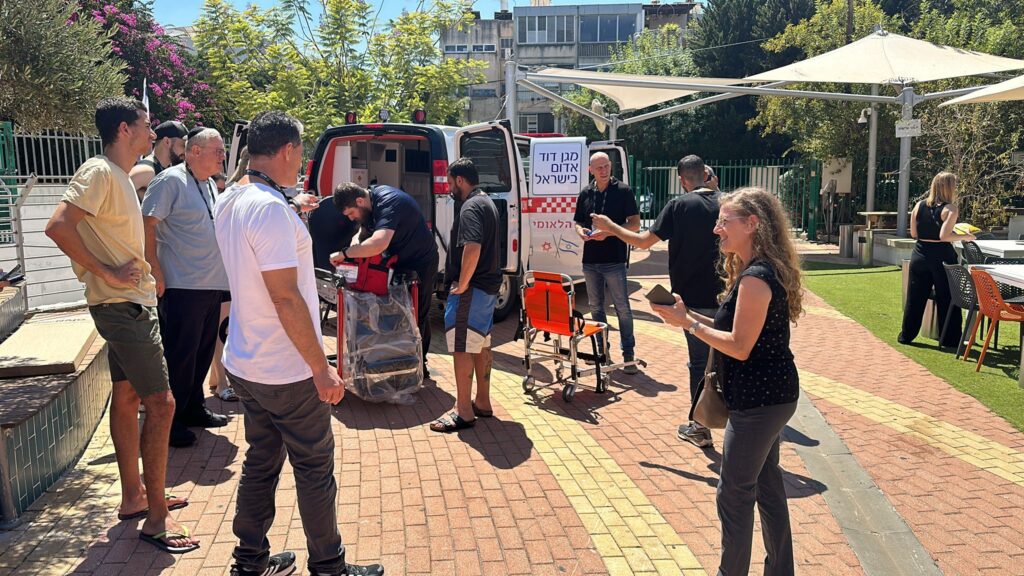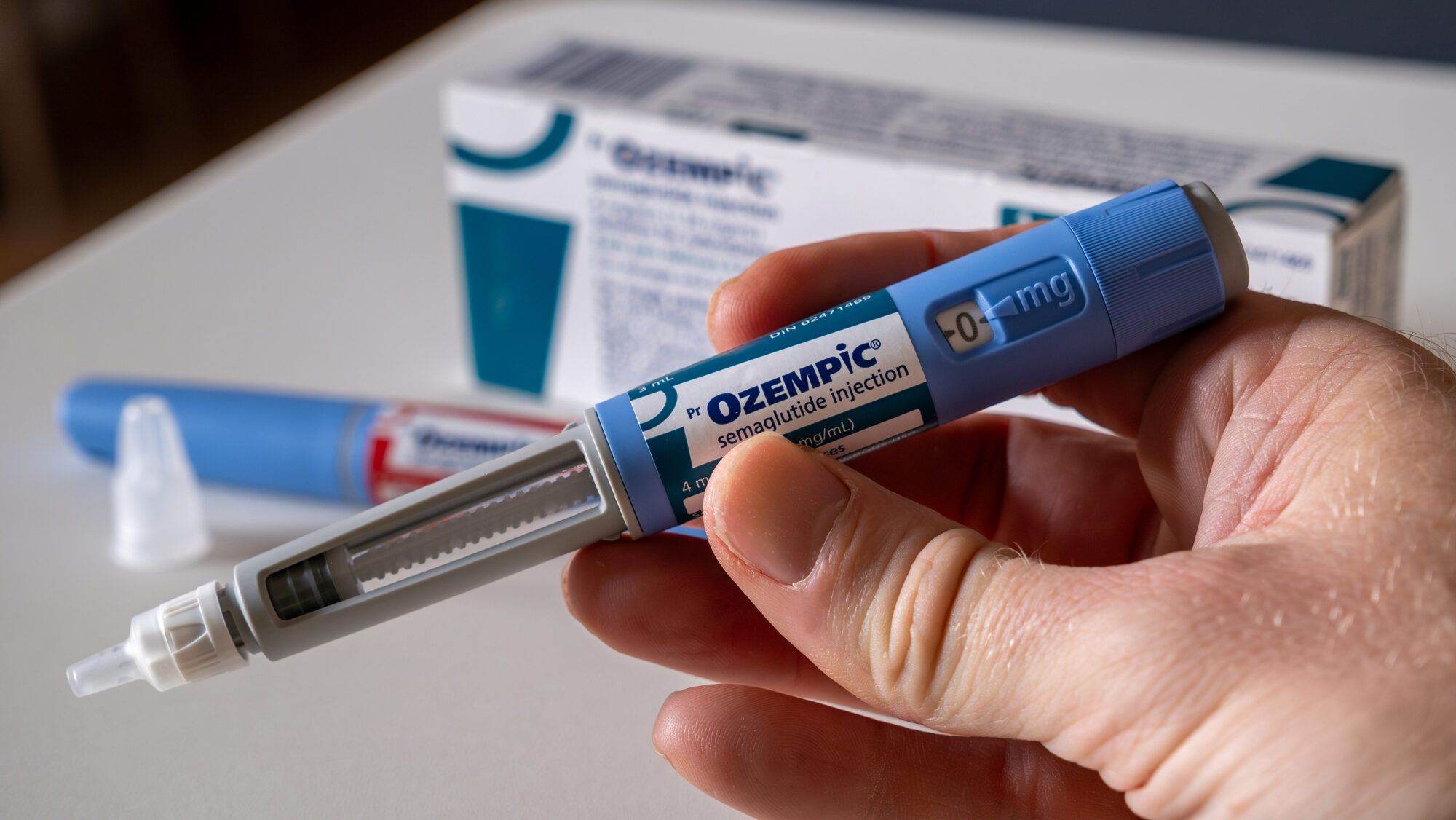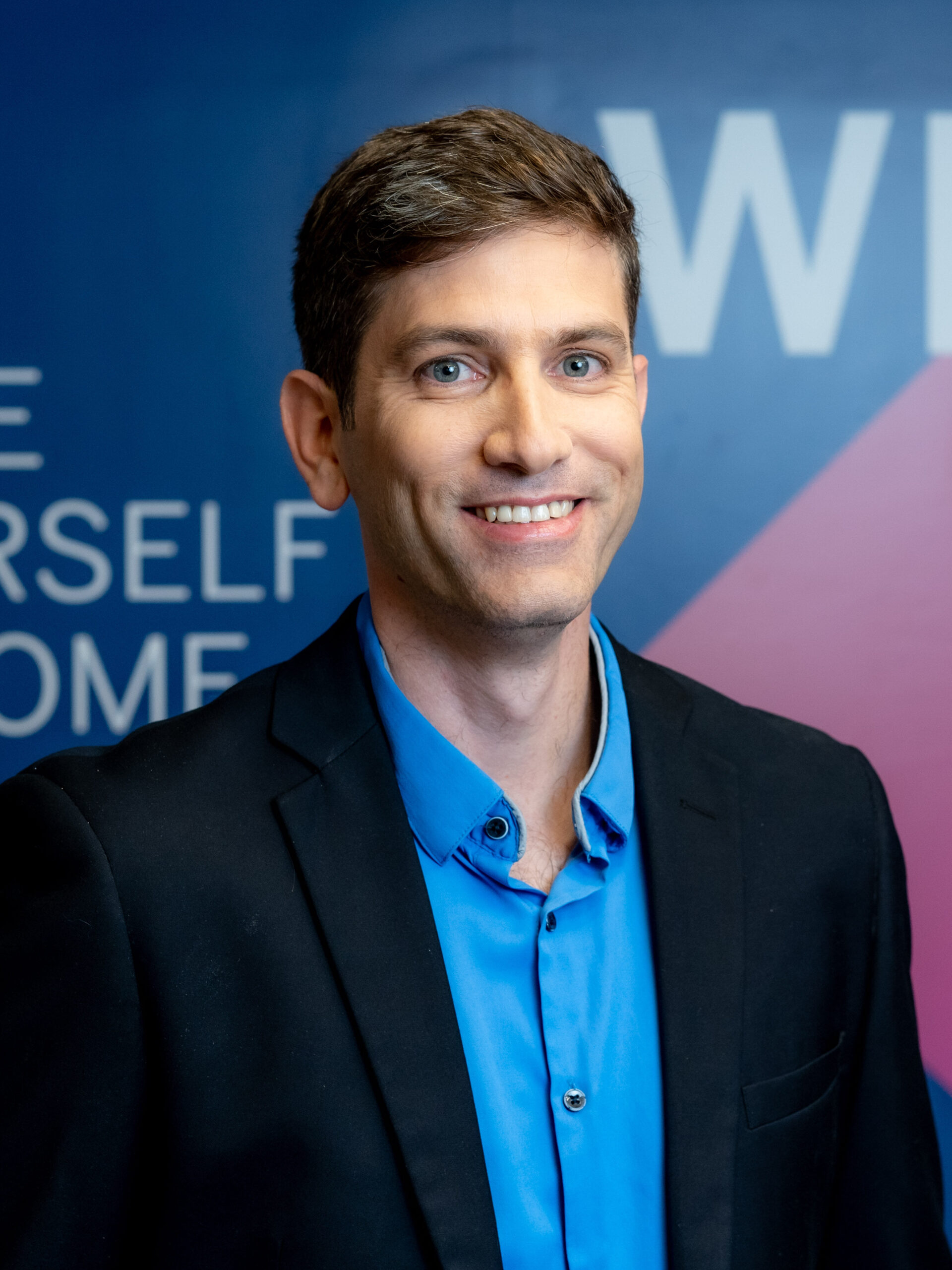The post Editors’ & Readers’ Choice: 10 Favorite NoCamels Articles appeared first on NoCamels.
]]>Here are five favorites from us and five from you, our loyal readers:
Our Picks:
Cancer Cures
With artificial intelligence playing an ever-increasing role in our lives, medtech company OncoHost is using it to help oncologists decide the optimum therapy for their cancer patients.
The startup’s main focus is determining treatment for a form of lung cancer, with its proprietary PROphet platform scanning up to 7,000 proteins in a patient’s blood in order to see how receptive that person would be to immunotherapy.
The platform looks for proteins that are present in the blood of patients who did not respond to immunotherapy but absent for patients who did respond. Click here for more
Life Saver
When Israeli businessman Adam Bismut saw a man lose his life by drowning at the Dead Sea because help was too far away, he was determined to stop such tragedies from happening again.
Bismut developed Sightbit, a drowning prevention platform that uses AI to spot dangers on and in the water, alerting lifeguards to people in peril in real time.

Tragically, the person who devoted his professional life to helping others also gave his life to protect others, as IDF Sgt. Maj. (res.) Adam Bismut fell in battle in Gaza on January 22, 2024. May his memory be a blessing. Click here for more
Water World
Building on a water-from-air concept devised by WaterGen, fellow Israeli startup H2oll also produces drinking water from the atmosphere, but more cheaply, more efficiently and more sustainably – and in any climate.

H2oll has added a new element to the existing technology, by way of a concentrated salt solution. Instead of cooling the whole air mass, it extracts and cools only the moisture molecules – around two percent of air content, depending on humidity – and turns them into water.
The company says it aims to address the global water crisis, especially in the developing world, where countries want to avoid expensive infrastructure, or costly bottled supplies. Click here for more
A Voice For The Voiceless
The AI-powered Voiceitt platform is designed to recognize and translate speech by people with an underlying medical condition, disability or age-related condition that means their speech is hard to understand.
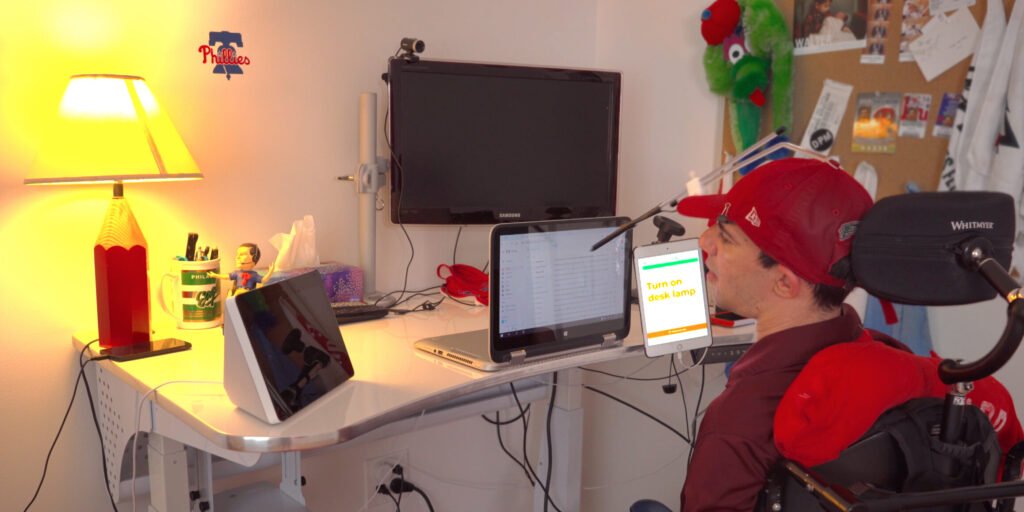
It works either as voice to text or voice to synthesized speech, with the latter allowing the user to speak in person in real time, as part of a face-to-face conversation, or in a virtual, online meeting.
The technology is based on machine learning and speech recognition algorithms that are customized to the user, allowing the platform to assimilate each user’s unique way of speaking. It is web based, which means that it can be accessed from any internet-connected device without having to download a program or app. Click here for more
Potato Power
Rumafeed has come up with a way to boost the amount of animal feed produced worldwide by genetically modifying the currently discarded foliage from potato harvests and making it suitable for livestock.

Potato foliage contains glycoalkaloids, which makes it toxic, but by removing this inedible chemical compound, the foliage is transformed from a waste byproduct to a plentiful, viable food source for herds that is rich in nitrogen and protein.
Potato hay could also be a valuable source of income for farmers, fetching as much as $600 per hectare of land where the tubers are grown, with each hectare capable of producing 3.5 tons of it. Click here for more
Your Picks: The Articles You Read The Most
Ice Cream On Demand
A machine invented by Israeli startup Solato uses a secret process to create super-fresh frozen desserts from liquid in just 60 seconds. It whips up and freezes a range of gelato, sorbet, frozen yogurt, smoothies and even iced coffee.

Solato says it is the first to market with a frozen dessert capsule machine, offering a range of flavors including Amarena cherry and mascarpone, piedmont hazelnut gelato, lychee sorbet, and classics like dark chocolate and vanilla gelato, as well as plain frozen yogurt.
Each cup-sized capsule of concentrate liquid makes a cup of ice cream. The unique code on each capsule is read by the machine to determine how much it needs to freeze it and how much air it needs to add, to increase its volume. The capsule itself, which is biodegradable, can then be used for serving. Click here for more
COVID Spray
An Israeli-founded company in Canada has developed a nasal technology to treat and prevent upper respiratory and topical infections such as COVID-19 and successful Phase 3 clinical trials proved it can reduce viral load in people with mild cases of coronavirus.

Enovid, the nitric oxide nasal spray (NONS) created by Vancouver-based SaNOtize is designed to treat adult patients who have a risk of progression of COVID-19.
The patented platform technology allows for the topical delivery of nitric oxide (a naturally occurring nanomolecule with the formula NO, hence the name) to treat a variety of bacterial, fungal, and viral diseases. Click here for more
Chewing Gum Diet
A chewing gum infused with an ancient sugar-blocking herb may help people lose weight, according to a new consumer study.

Israeli startup Sweet Victory imbues the Indian botanical gymnema sylvestre into its gum, which blocks the taste receptors for sweetness when it is chewed for just two minutes. The company says that its effects last up to two hours.
Of the 80 participants in a two-week trial, 87 percent reported experiencing weight loss, at an average of 1.3 kilos per two weeks. An additional 80 percent of the participants significantly reduced their consumption of sweets by the end of the trial, and said they had “better control” of their food choices. Click here for more
Screenless Laptop With Virtual Screens
Spacetop, billed as the world’s first augmented reality laptop, looks like the keyboard to a standard 13-inch laptop, minus the 13-inch screen.
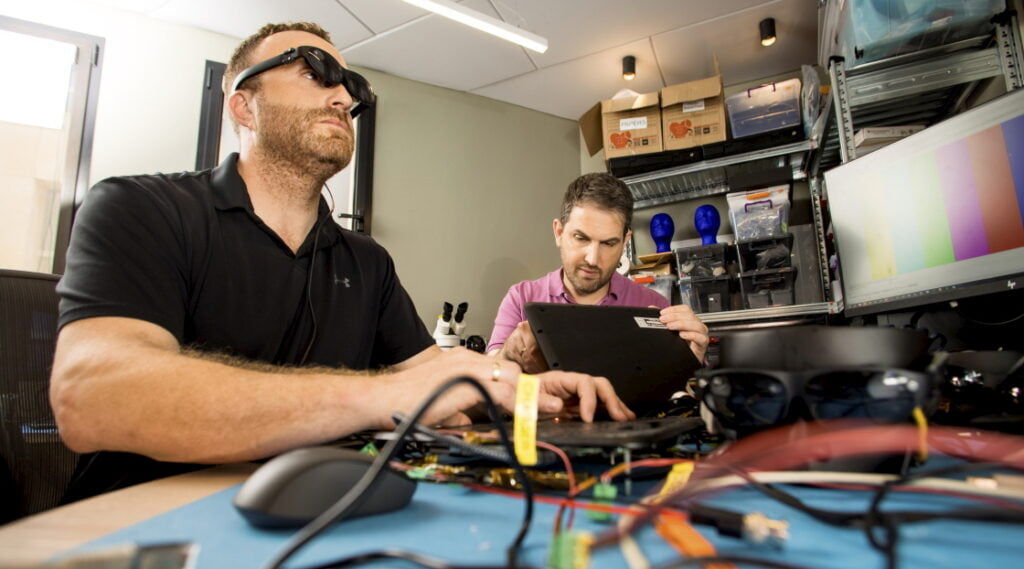
But with a dedicated pair of glasses and just 20 seconds of training, the user can actually see a dozen or more virtual screens. They can toggle between them, resize and reposition them at will, and even zoom in and out.
Sightful, the company behind the design, says Spacetop has been painstakingly redesigned “from the ground up” with no off-the-shelf components. Everything is custom-made and works on Spacetop OS, a proprietary operating system. Click here for more
Sperm Solution
Israeli scientists at the Ben-Gurion University of the Negev (BGU) haven developed an innovative platform to create sperm in a laboratory through a microfluidic system, which contains hundreds of microchannels for fluids to pass through.

The sperm was grown on a special silicon chip developed in collaboration with researchers at the Technion – Israel Institute of Technology. The chip enables the researchers to grow cells from the testis in the microchip and add fresh cell culture media designed to support cellular growth. A 3D system was also built and integrated to allow the addition of testicular tissue cells.
The innovation is designed to help males who receive aggressive treatment for cancer that can damage sperm-forming cells and result in impaired spermatogenesis, the origin and development of sperm cells within the reproductive organs, leading to fertility problems. Click here for more
The post Editors’ & Readers’ Choice: 10 Favorite NoCamels Articles appeared first on NoCamels.
]]>